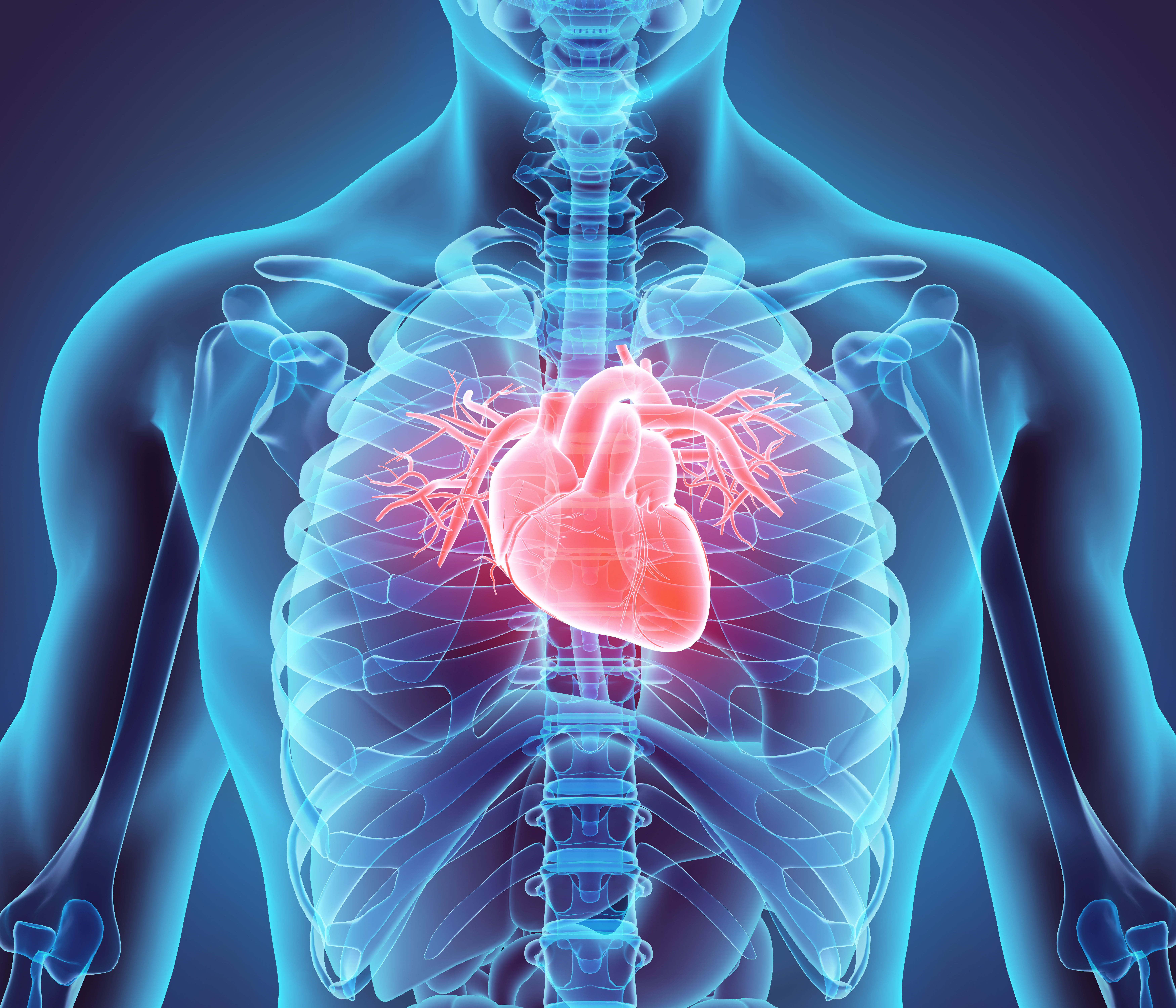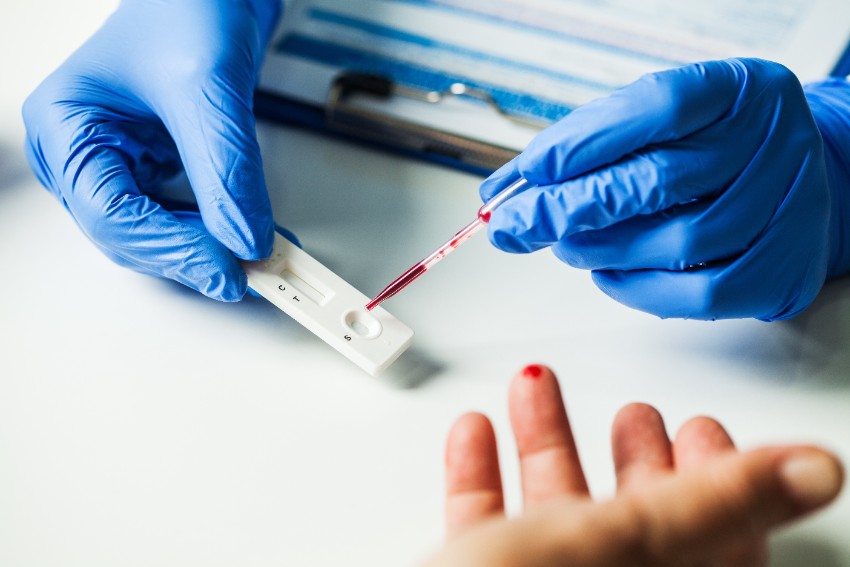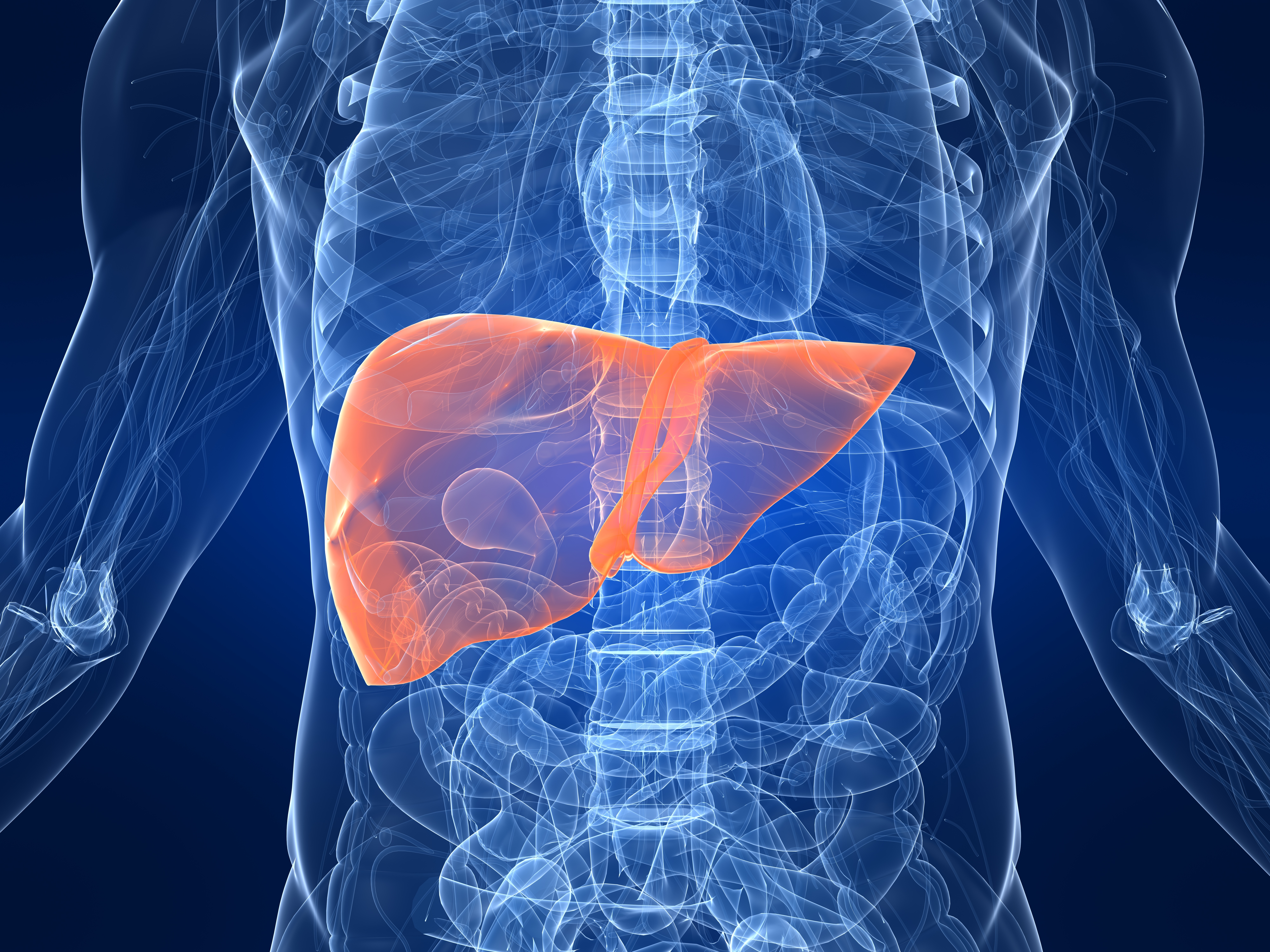
Exosomes are small, membrane-bound vesicles that are released by cells into the bloodstream. These vesicles contain a variety of biological molecules, including proteins, lipids, and nucleic acids. Recent research has shown that exosomes play an important role in maintaining heart health.
One way in which exosomes contribute to heart health is by promoting angiogenesis, or the growth of new blood vessels. This is important because the heart needs a steady supply of oxygen and nutrients in order to function properly. When the heart is damaged, such as in the case of a heart attack, the body needs to grow new blood vessels to supply the damaged tissue with blood. Exosomes released by certain types of cells, such as cardiac progenitor cells, have been shown to promote angiogenesis and improve heart function in animal models.
Exosomes also play a role in protecting the heart from damage. One of the ways they do this is by reducing oxidative stress, which can damage cells and contribute to heart disease. Exosomes released by certain types of cells, such as mesenchymal stem cells, contain antioxidant molecules that neutralize free radicals and protect heart cells from oxidative stress.
Another way in which exosomes contribute to heart health is by promoting cardiac regeneration. Exosomes released by cardiac progenitor cells have been shown to stimulate the growth of new heart tissue and improve heart function in animal models of heart disease.
Exosomes also play a role in communication between cells in the heart. They can transfer biological molecules, such as microRNAs, between cells, which can affect gene expression and cell function. This can be important for maintaining proper heart function and responding to stress or injury.
Overall, exosomes are an important part of the complex network of biological molecules and processes that contribute to heart health. By promoting angiogenesis, protecting against oxidative stress, promoting cardiac regeneration, and facilitating communication between cells, exosomes play an important role in maintaining proper heart function and responding to stress or injury. Ongoing research in this field is likely to uncover even more important roles for exosomes in heart health, and may lead to new therapies for heart disease.
ADDITIONAL INFORMATION
Human umbilical cord mesenchymal stem cell-derived exosomes (hUC-MSCs) are small membrane-bound vesicles secreted by stem cells that have been found to have numerous therapeutic benefits. Research has shown that hUC-MSC exosomes can promote heart health by reducing inflammation, improving heart function, and promoting angiogenesis (the formation of new blood vessels).
One of the main ways hUC-MSC exosomes promote heart health is by reducing inflammation in the heart. Studies have found that exosomes can suppress the activity of immune cells that contribute to inflammation, thereby reducing the inflammatory response in the heart. This can improve heart function and prevent damage caused by inflammation.
In addition, hUC-MSC exosomes have been found to improve heart function by increasing the production of new heart cells and improving the survival of existing heart cells. Exosomes are capable of carrying specialized proteins and genetic material that can stimulate the growth and proliferation of heart cells.
Furthermore, hUC-MSC exosomes can promote angiogenesis, the formation of new blood vessels, which can improve blood flow to the heart and reduce the risk of heart disease. Exosomes can carry pro-angiogenic factors that stimulate the growth of new blood vessels and improve blood vessel function.
While the use of hUC-MSC exosomes in promoting heart health shows promise, there are potential risks and limitations associated with this treatment. One major limitation is the need for further research to determine the optimal dosage and method of administration of exosomes. Moreover, the safety of exosome-based therapies needs to be thoroughly evaluated, as it is not yet clear if these therapies could cause any side effects or complications in humans.
Despite the limitations, some successful implementations of hUC-MSC exosomes have been reported in real-life situations. For example, a study published in the journal Stem Cells Translational Medicine demonstrated the efficacy of hUC-MSC exosomes in promoting heart function and reducing heart damage in a pig model of myocardial infarction. Another study published in the journal Cardiovascular Research showed that treatment with hUC-MSC exosomes improved cardiac output and reduced infarct size in a mouse model of heart attack.
In conclusion, hUC-MSC exosomes hold promise as a potential treatment for promoting heart health. While more research is needed to fully evaluate the efficacy and safety of these therapies, current evidence suggests that exosomes can reduce inflammation, improve heart function, and promote angiogenesis in the heart. Successful implementations of hUC-MSC exosomes in animal models of heart disease have been reported, but further research is needed to determine the best approach for using exosomes in humans.
Get Involved
Be apart of something great and serve in some capacity to be a blessing to someone else.
Contact UsHR Professionals
Kenneth Bullock(Lead)




